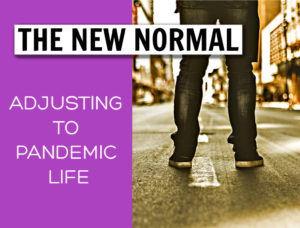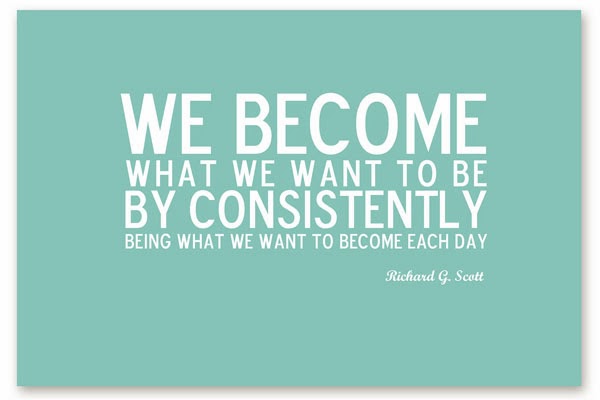 I hear a lot lately about the “new normal.” This medical crisis that has enveloped the world has caused almost everybody to alter their modus operandi.
I hear a lot lately about the “new normal.” This medical crisis that has enveloped the world has caused almost everybody to alter their modus operandi.
Almost everything we did as fellow human beings back in December 2019 has changed. We’ve modified our dining experience to the point where, today, if we want to eat at a restaurant, we’re outside with an overcoat!
Depending on our level of libertarianism, we may be wearing masks, social distancing, washing our hands, and avoiding touching our faces. Many I know do these things religiously. And others I know recklessly disregard them.
This pandemic, as scary as it is, is really nothing new to this planet. In the course of human history, viruses and pathogens have wiped out whole human populations.
And if this isn’t enough, in January 2021, we’re going to have to get used to a new executive administration in our country. No more praising or pointing fingers at the Trump White House; a Biden administration, with a totally different philosophy, will manage our country’s everyday affairs.
These are just a couple of the macro components that will contribute to this new new normal.
On a personal level, and you can read it in Facebook accounts every day, families lose their dogs. Relatives die or move away. Leaves fall off trees. I run out of my favorite breakfast cereal.
My point is that, in myriad ways, every day is different from its predecessor. Be it treasure or tragedy, today is different from yesterday. This year is different from last year, just like this decade and this century differ from their predecessors.
Since we’ve given this situation a name, the new normal for many of my close friends has become a source of stress. We have been taken out of our comfort zone. Some may even admit to being frightened.
Back in my days of undergrad psychology, experiments reported development of ulcers in rats exposed to immobilization, conflict, predictability variations, coping, and avoidance responses.
Immobilization: Stay at home
Conflict: Teach my child or go to work
Predictability variations: How to make a living or count on my income
Coping: Adjust how we grocery shop or get our hair cut
Avoidance response: Social distancing, virtual meetings, and personal interactions
Sound familiar? In controlled experiments with the rats, each subject was an adult animal. They had grown in a controlled environment where they were fed and housed and they generally led a comfortable life. As a result, they expected that feeding, housing, and comfort to continue.
Similarly, we as adult human beings expect the comforts of everyday life to continue tomorrow as they did today. We’re trained that way. It’s a knower (K) / judger (J) expectation. And If that expectation is unmet, it can induce stress.
So where is our escape valve here?
Unfortunately for the rats, they have only a K/J mode. For we humans, the K/J mode is where expectations come from, just like with the rats. Fortunately, we also can access our learner (L) / researcher (R) mode.
In L/R mode, we have the ability to observe the new day, catalog the differences from yesterday, and decide what we might want to change about how we address it to help it turn out the way we want.
We humans can compare the new world of 2020 to 2019 and either
- mourn the loss of our comfort zone (from our K/J perspective) and hence create unmet expectations and consequent stress, or
- research the differences and learn (in L/R mode) what’s required from us to stay healthy and happy.
The difference between us and the rats is that we have that choice.





Dear Kim,
I dearly look forward to your monthly observations, and pine for the days back @ the MAC (when we could rap about most everything, do almost anything, and be held accountable for almost nothing! ) Ahhh!, I enjoyed the simpler days, yet I love the present ones (as opposed to the alternative, which is none at all!) I agree that we’ve probably seen the last of those simpler days, and we might as well get used to a new norm which our Grandchildren take for granted!
Mostly, I thoroughly enjoy our mutual sardonic outlook, and reminisce about our experiences at Toastmasters! Those experiences , as opposed, to an outlook which is that retirement is BORING, and meant for old people, not us!
Best Regards,
Wayne McCollum
(636) 532-7725
Thanks, Wayne…sorry I didnt’ catch this until now…appreciate your comments.